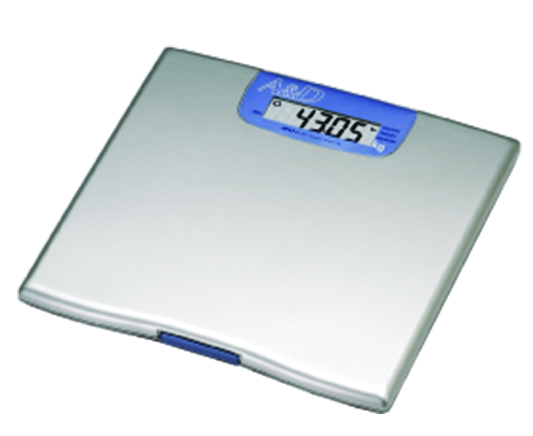
The UC-321 Series is a sleek stylish precision scale that offers quick, accurate readings. The UC-321 scale has Target, Memory and BMI modes, and has a maximum capacity of 150kg with 50g resolution.
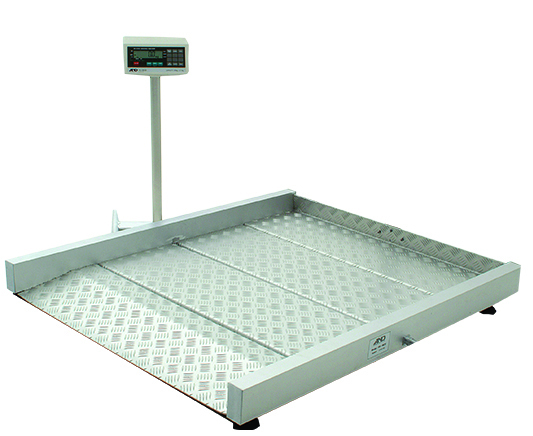
The WCS Wheelchair Scale is a highly portable platform scale with ramp and is specifically designed for weighing patients confined to wheelchairs.
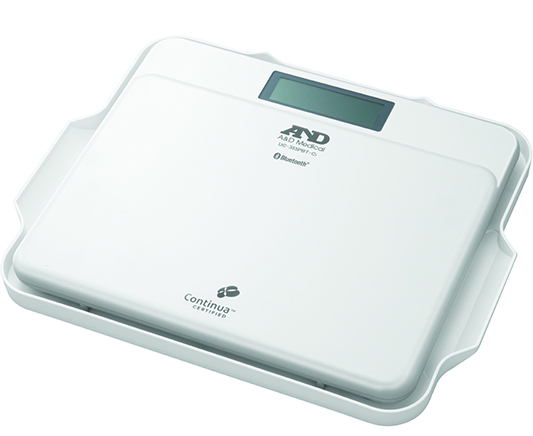
The UC-355 Precision Personal Health Scale features built in real time clock, internal memory, audible “step off” on completion and visual indication.The UC-355 scale device has been designed to the highest standards with 250kg capacity (0.1kg resolution from 1-100kg & 0.2kg resolution from 100kg – 250kg).
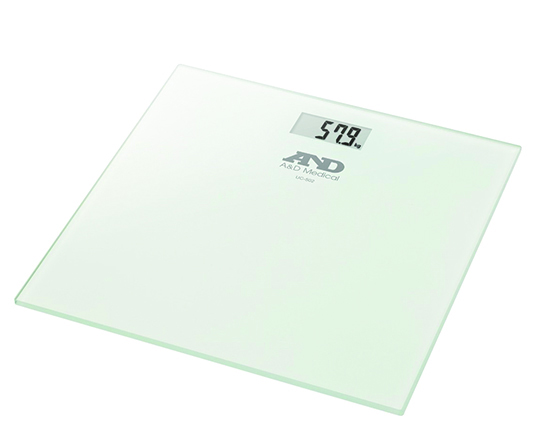
A clear step towards a healthy lifestyle, the A&D UC-502 Precision Health Scale uses high-precision sensors to instantly deliver accurate results. This scale has a maximum capacity of 180kg x 100g increments.
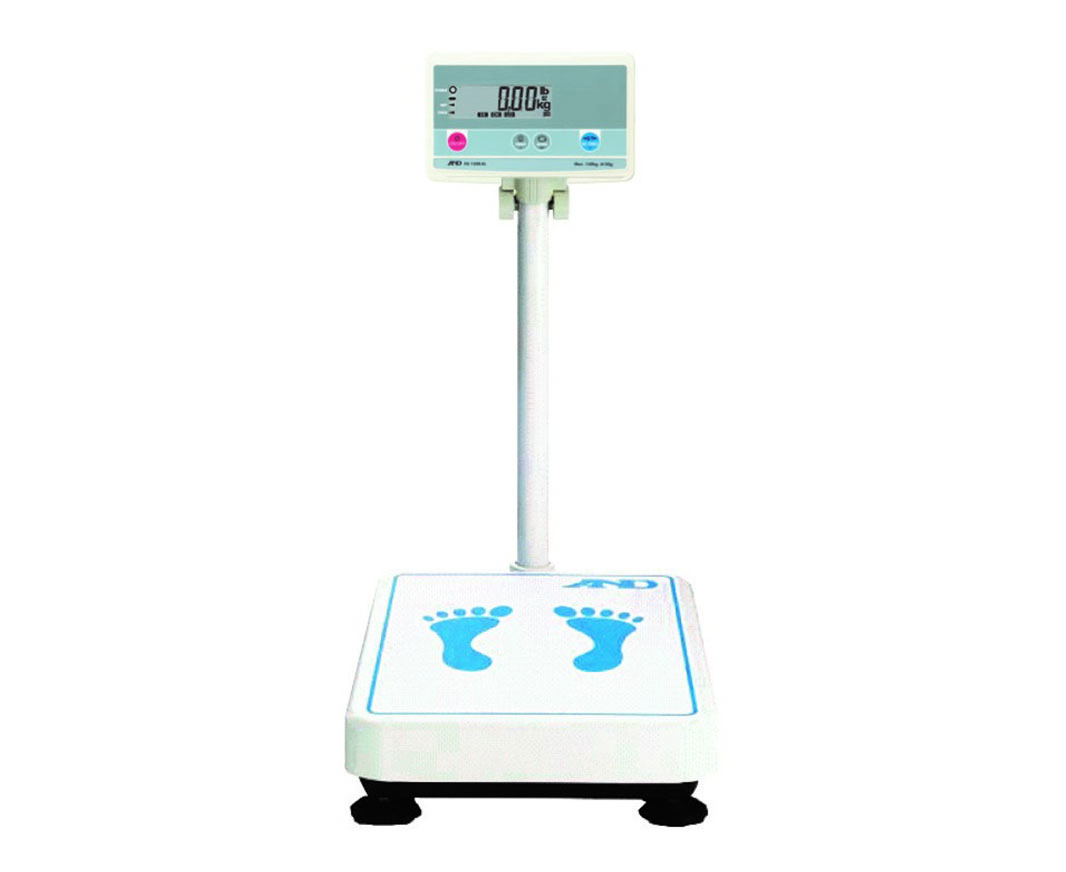
Australian designed personal weighing scale with a capacity of 200 kg. Ideal for hospital and weight loss clinics. 20g resolution ensures optimum accuracy.
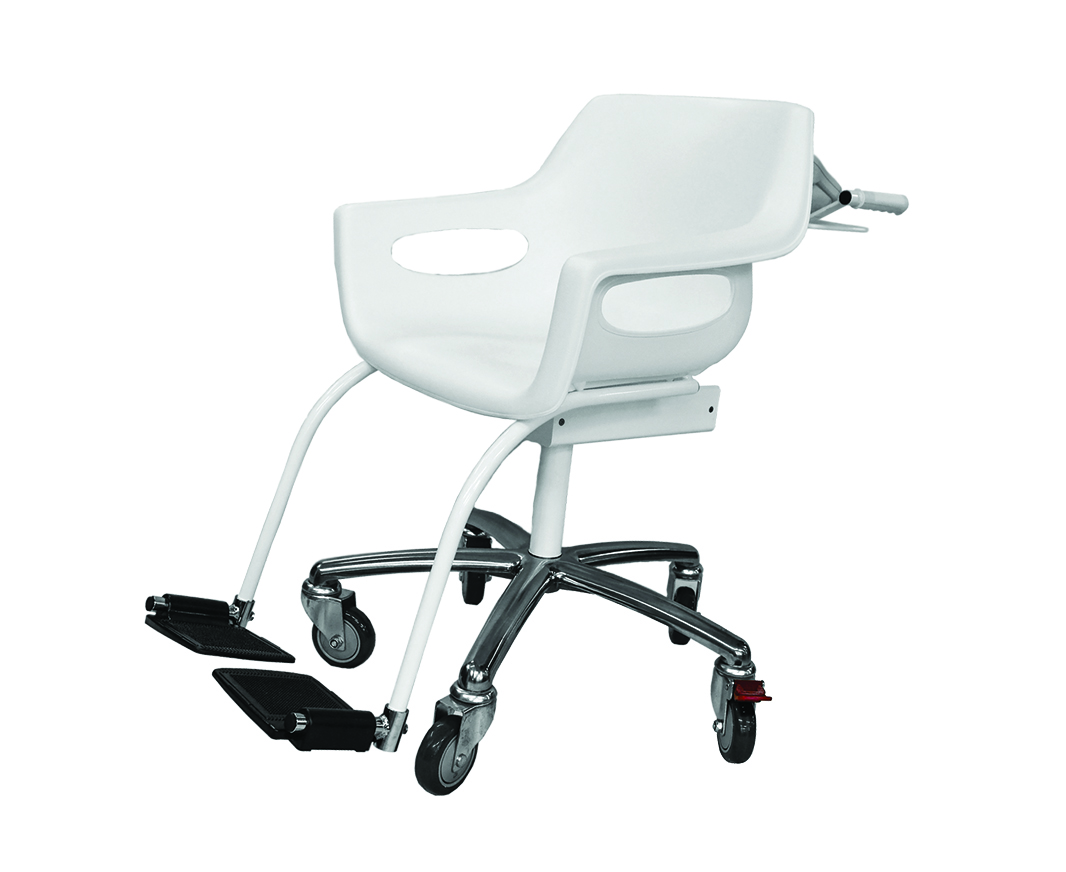
The A&D purpose built Chair Scale is ideal for hospital environments to weigh patients who are unable to stand upright. Featuring 220 kg capacity with 20g accuracy for reliable measurements.
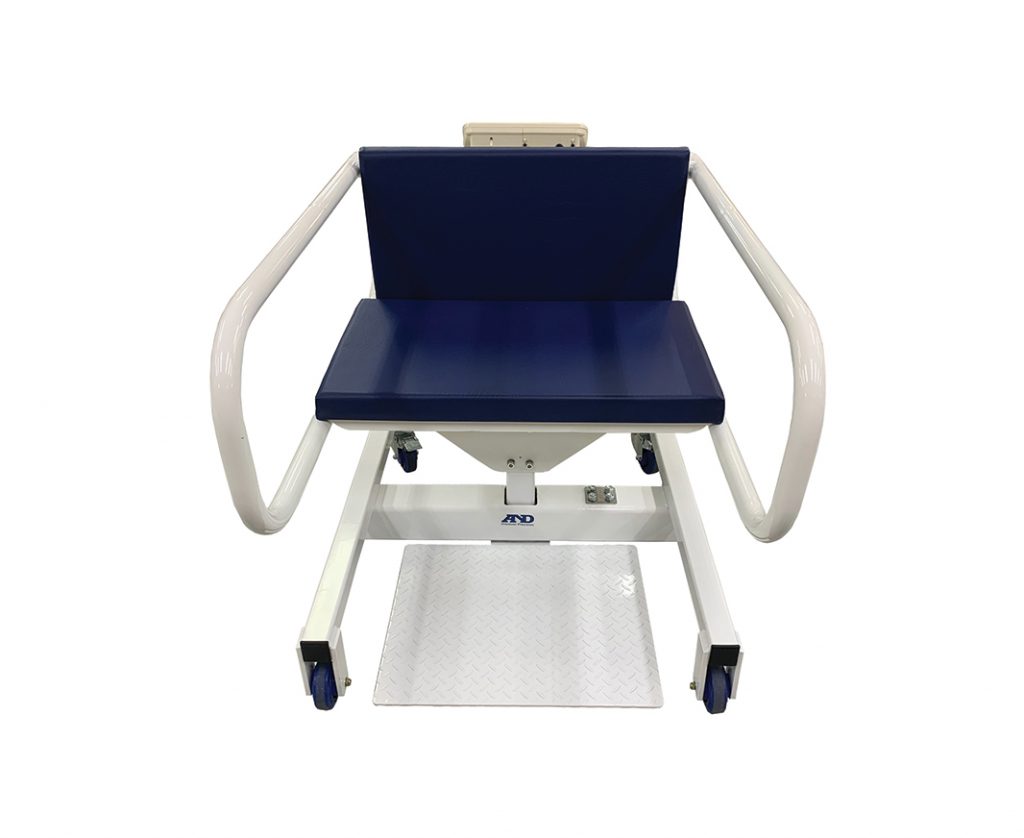
The A&D Bariatric chair scales’ ergonomic construction and design ensures patient comfort and ease of transfer into and out of the seat.
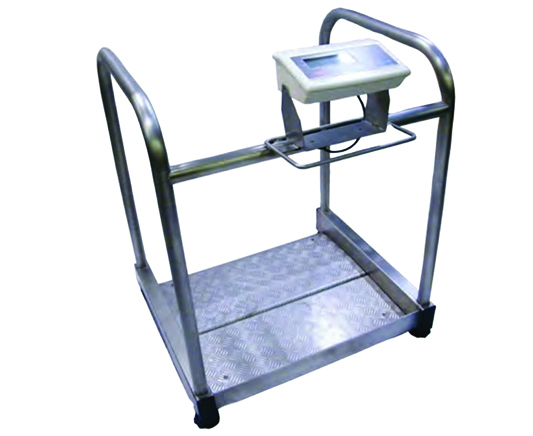
The A&D walk-on bariatric scale (WOBS) has been specifically designed for the safe and comfortable weighing of obese and unsteady patients. The WOBS features a low profile stainless steel platform with high strength handrail support. Weighing capacity is 300kg with 100 gram increments and the clinical finish platform size is 600mm x 700mm.
Types of Medical Scales
In Australia, the demand for various types of medical pharmacy scales reflects the diverse health needs of the population. Some of the prominent types include:
Patient Weighing Scales:
Primarily used in hospitals, clinics, and aged care facilities, these scales provide accurate weight measurements, which are crucial in calculating medication dosages and monitoring patient health over time. They are available in different sizes and weight capacities to cater to the needs of different patients. Some models also have a built-in stadiometer for measuring height, allowing for easy calculation of BMI. Advanced versions of these scales may include features like automatic BMI calculation, memory function for tracking weight changes over time, and connectivity capabilities for transferring data to medical records. When choosing a patient weighing scale, it’s vital to consider factors such as the maximum weight limit, ease of use, durability, and the availability of any needed special features.
Bariatric Scales:
Bariatric scales are designed to accommodate and accurately measure heavier patients, facilitating safe and effective weight management. These are specially designed for bariatric patients, providing wider platforms and higher weight capacities. They typically feature reinforced platforms and higher weight capacities, usually up to 1000 lbs or 450 kg. This is crucial in providing accurate data for bariatric treatments and surgery, as well as ongoing monitoring of a patient’s weight for post-surgical care. Some models even offer handrails or chair options to ensure stability and comfort for patients during weighing, underscoring their user-friendly design. Consequently, these scales are a vital tool not only for bariatric clinics and hospitals, but also for home care settings where patients require consistent, accurate weight monitoring. The use of bariatric scales underscores the commitment of healthcare providers to personalized care, as they cater to the specific needs of their patients while ensuring their dignity and comfort at all times.
Wheelchair Scales:
Wheelchair scales are ingeniously designed to facilitate the weighing of patients who are unable to stand or move independently. These scales have low-profile, wide platforms, enabling easy access and accommodation of various wheelchair sizes and styles. The weight of the wheelchair is automatically deducted to ensure an accurate measurement of the patient’s weight, without the need for them to leave their wheelchair.
Advanced models of wheelchair scales may have additional features such as foldability for easy storage and transport, side rails for added safety, and a swivel display for convenient viewing from any angle. Furthermore, some wheelchair scales come equipped with connectivity features, allowing weights to be digitally transmitted to medical records or health monitoring apps. This enhances record-keeping efficiency and enables healthcare providers to monitor patients’ weight trends over time accurately.
Infant Scales:
Used predominantly in pediatric clinics and maternity wards, these scales offer precise weight measurements for newborns and infants, essential for tracking growth and development. Some models come equipped with a tray or sling to ensure the safety and comfort of the infant during weighing. They may also include features like automatic hold function, which captures weight readings even when the baby is moving, making it easier for healthcare professionals to obtain accurate measurements quickly. Most importantly, infant scales have highly sensitive sensors that measure weights in increments as small as 0.1 ounces, providing accurate data for even the tiniest of patients.
Body Composition Scales:
Popular both in professional healthcare settings and for home use, these scales measure body fat, muscle mass, bone density, and water percentage. They cater to individuals focusing on fitness or managing weight-related health conditions. Some models may also provide additional features such as calorie tracking and goal setting, making them a valuable tool for anyone striving towards improved health and well being.

